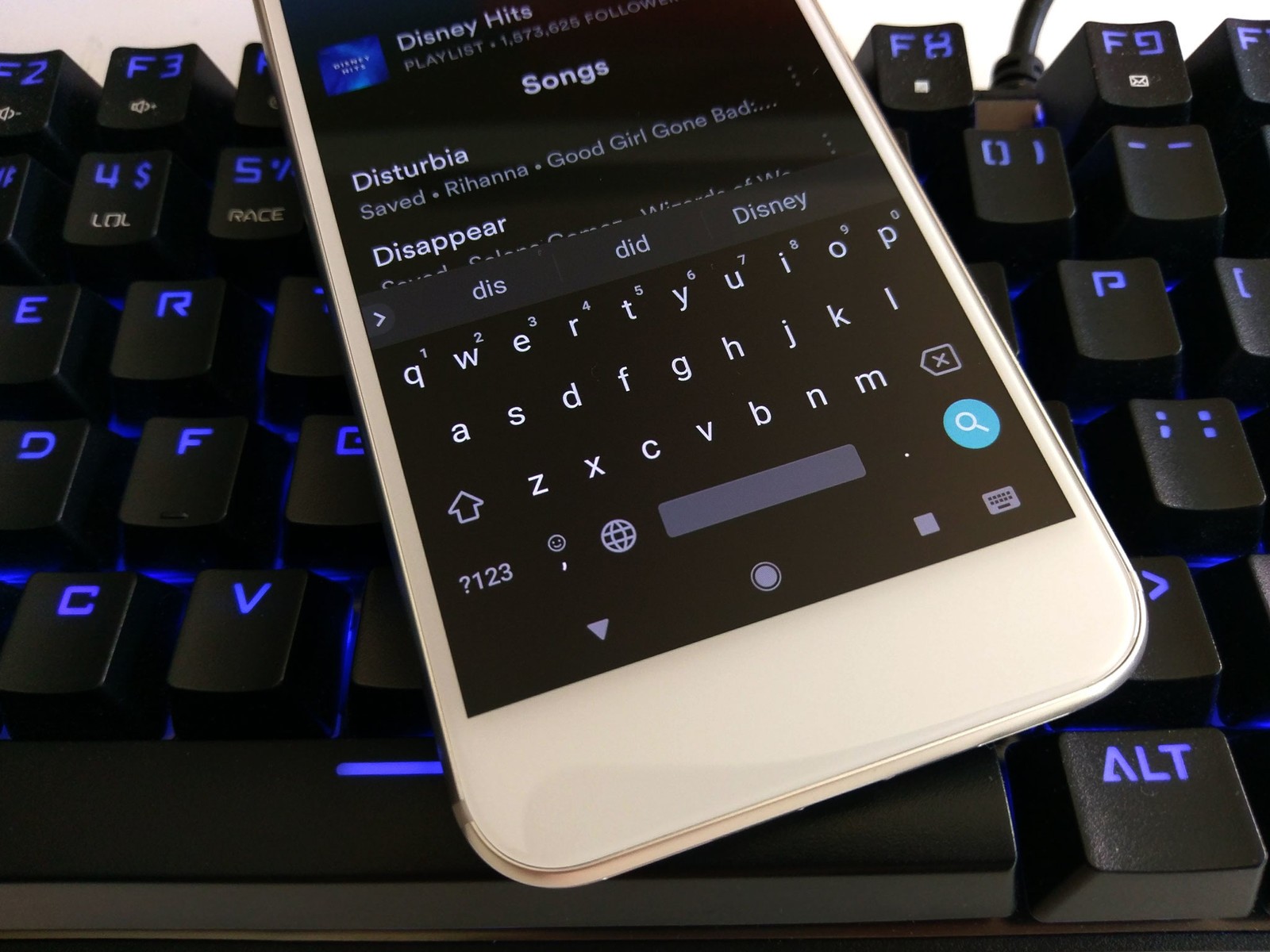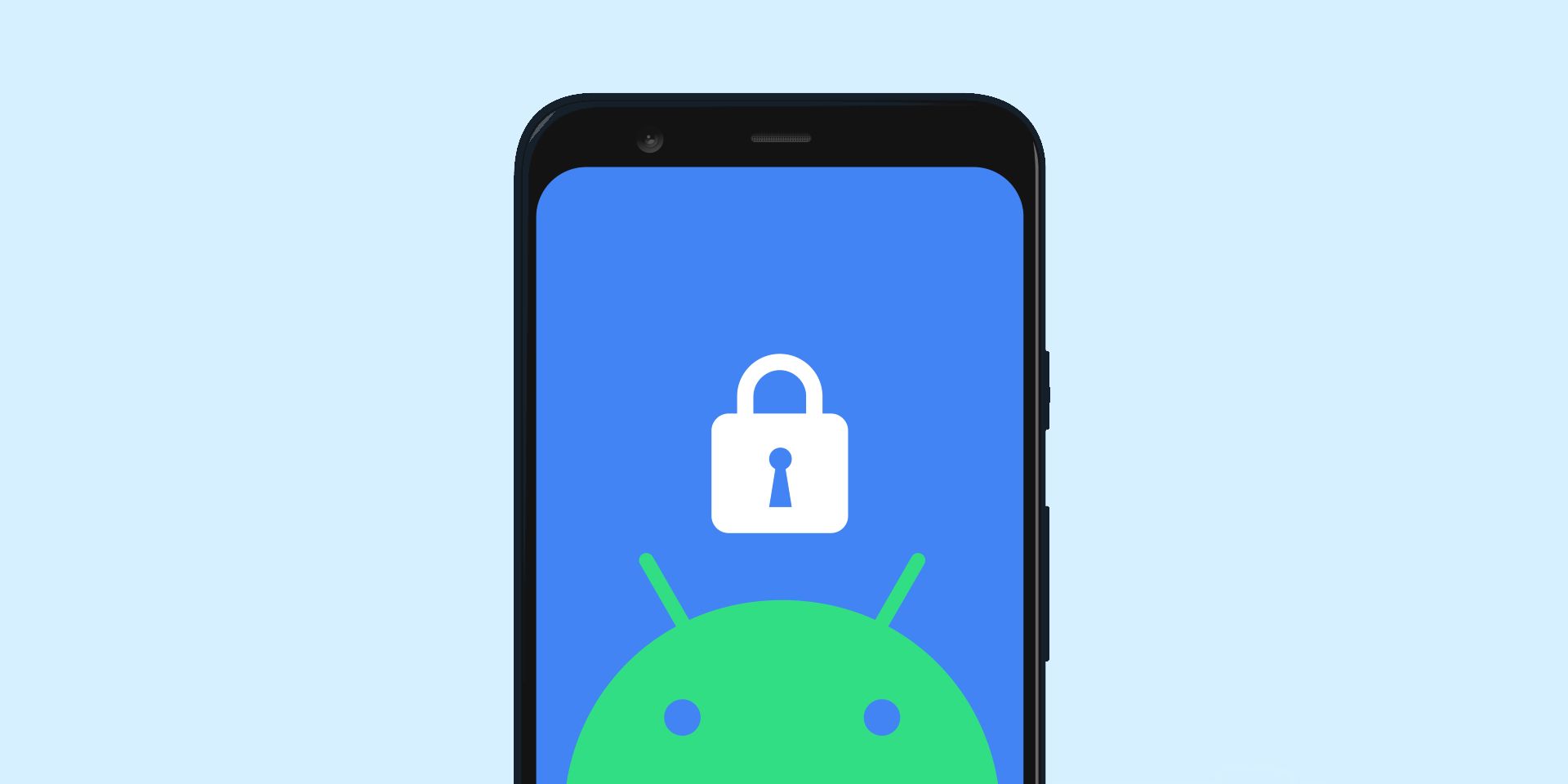When it comes to mobile operating systems, Android and iOS are the two most dominant players in the market. Android, developed by Google, is an open-source operating system used by various smartphone manufacturers such as Samsung, LG, and Motorola. On the other hand, iOS, developed by Apple, is exclusively used on iPhones and iPads. With each operating system having its own set of unique features and characteristics, it can be challenging to determine which one is right for you.
In this article, we will compare the two leading mobile operating systems, Android and iOS. We will delve into various aspects such as user interface, app store, hardware, security, and more. By the end of this article, you will have a better understanding of the pros and cons of both Android and iOS, and hopefully, be able to make an informed decision on which one to choose for your next mobile device.
Before we dive into the details of each operating system, it’s important to note that personal preferences and needs will ultimately determine which one is the better option for you. Whether you are looking for a device that offers a large variety of customization options or one with a more seamless user experience, both Android and iOS have their own unique strengths and weaknesses.
User Interface

Android and iOS have distinct user interfaces, with Android being known for its flexibility and customization options, and iOS being known for its simplicity and consistency. Android allows users to customize their home screen with widgets, change default apps, and even install custom launchers, while iOS is more restricted in terms of customization. Android users have a higher level of customization options when compared to iOS users. With Android, users can choose between different launchers and icon packs, and have more control over the placement of app icons on the home screen. On iOS, the layout is more consistent, with all app icons in a grid and limited customization options.
Both Android and iOS offer ease of use, with intuitive interfaces that are easy to navigate. However, Android can be overwhelming for some users due to the vast array of options available, while iOS is more straightforward and easier to understand for most users.
App Store
The Google Play Store is the official app store for Android devices, while the Apple App Store is the official app store for iOS devices. Both app stores offer a wide range of applications for users to download and use on their devices. The Apple App Store has a higher number of apps available, with over 2.2 million apps compared to the Google Play Store’s 2.1 million. However, the Google Play Store has a higher percentage of free apps and more options for customization.
The app discovery process on Android involves using various filters and search options, while on iOS, the App Store’s curated content and personalized recommendations help users discover new apps that they might be interested in.
Security
Both Android and iOS offer security features such as encryption and biometric authentication. However, iOS is often considered to be more secure due to its closed ecosystem and strict App Store review process. iOS provides a higher level of security, as it is more closed and controlled than Android. iOS is also more resistant to malware attacks and security breaches due to its closed ecosystem, while Android’s open-source nature makes it more susceptible to such attacks.

While both Android and iOS take user privacy and security seriously, privacy concerns related to each system do exist. For Android, concerns arise due to the level of data that Google collects from users, while for iOS, concerns arise due to Apple’s control over the ecosystem and access to user data.
Hardware
When it comes to hardware, there are a wide variety of options available for both Android and iOS devices. Android devices are made by a variety of manufacturers, each with their own set of features and specifications. This means that consumers have more options to choose from when it comes to hardware features such as screen size, battery life, camera quality, and more. On the other hand, iOS devices are only made by Apple, which means that the hardware features are consistent across devices. However, Apple does offer a range of different devices at different price points, allowing consumers to choose a device that fits their needs and budget.
When comparing the features and specifications of devices running each operating system, there are pros and cons to each. Android devices typically have more customization options and are more open to third-party software, while iOS devices are known for their seamless integration with Apple’s software and services. Additionally, iOS devices are known for their high-quality cameras and longer battery life, while Android devices often offer more storage options and faster processing speeds. In terms of pricing, Android devices are generally more affordable than iOS devices, making them a popular choice for budget-conscious consumers.
Integration with Other Devices
Both Android and iOS devices offer integration with other devices such as smartwatches, smart home devices, and more. Android devices are known for their compatibility with a wide range of devices from different manufacturers, allowing users to create a customized ecosystem of devices that work together seamlessly. On the other hand, iOS devices are known for their tight integration with Apple’s own software and services, which can make it easier for users who are already invested in the Apple ecosystem.
When it comes to ease of use, both Android and iOS devices offer their own set of benefits and drawbacks. Android devices are known for their flexibility and customization options, which can make them more complex to use for some users. iOS devices, on the other hand, are known for their user-friendly interface and intuitive design, which can make them a great choice for users who are new to smartphones or who prefer a simpler user experience. Ultimately, the choice between Android and iOS will depend on a variety of factors including personal preferences, budget, and intended use cases.
Conclusion
In conclusion, Android and iOS are two leading mobile operating systems that have their own unique features and benefits. While Android is known for its customization options, diverse hardware options, and integration capabilities, iOS is known for its seamless user interface, strict security measures, and app store exclusivity.
When it comes to choosing between Android and iOS, it ultimately comes down to personal preference and specific needs. If customization and affordability are key factors, then Android may be the way to go. On the other hand, if security and a polished user experience are more important, then iOS may be the better option.
Overall, both operating systems continue to evolve and innovate with each new release, making it an exciting time to be a smartphone user. Whether it’s Android or iOS, there are a variety of features and capabilities that make each system unique, catering to a diverse range of users and needs.




Add comment